As a nation that stood proudly on the world stage as one of the most tolerant and inclusive societies in the world, New Zealand heads into the 2023 general election on a platform of race over citizenship and division over unity.
New Zealand has become a nation that, on almost any topic, race has been inserted as the critical consideration in the development of law and policy.
Already a subscriber? Log in
Subscribe for just $2 a week
Try a month of The Spectator Australia absolutely free and without commitment. Not only that but – if you choose to continue – you’ll pay just $2 a week for your first year.
- Unlimited access to spectator.com.au and app
- The weekly edition on the Spectator Australia app
- Spectator podcasts and newsletters
- Full access to spectator.co.uk
Or

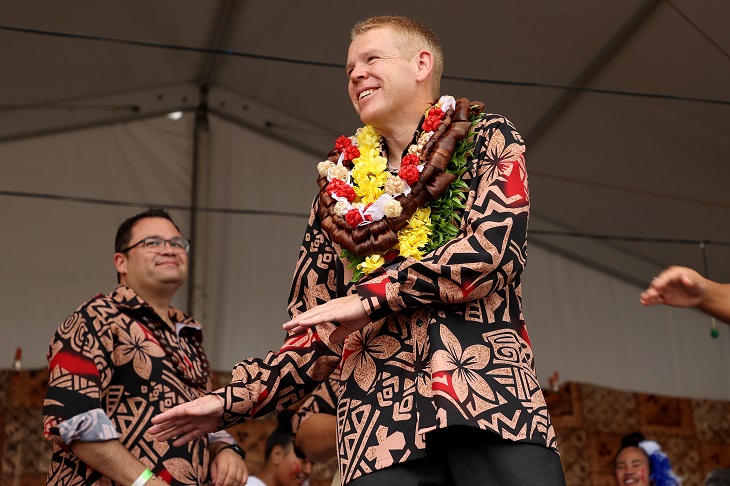
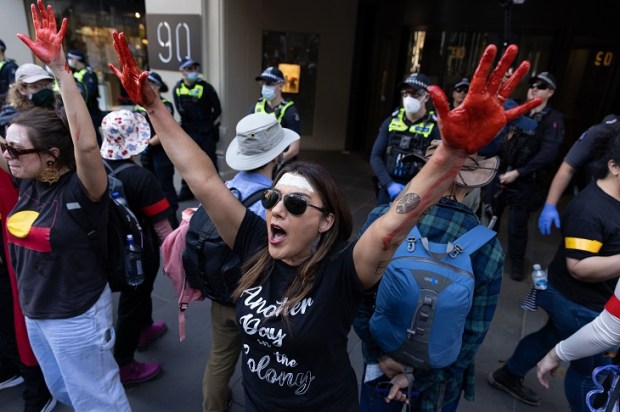
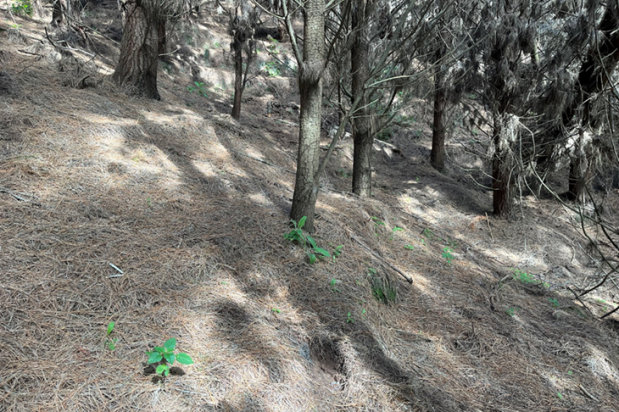
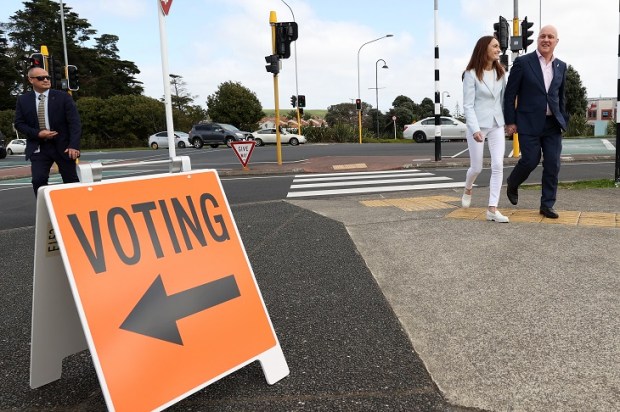
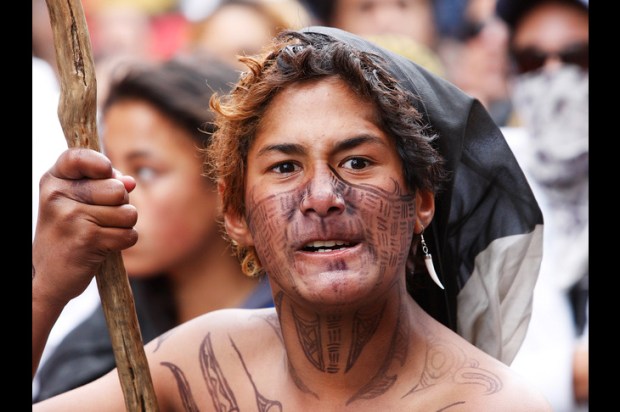
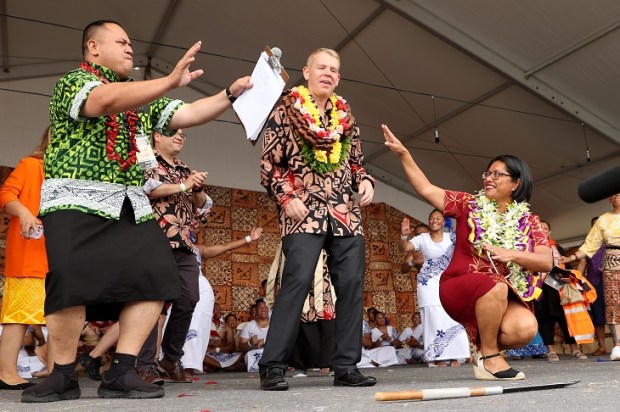
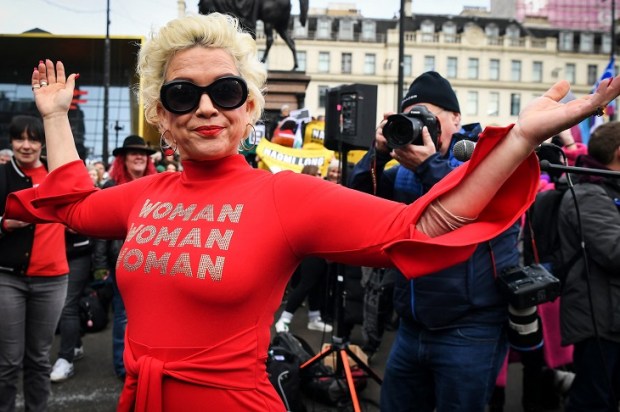


















Comments
Don't miss out
Join the conversation with other Spectator Australia readers. Subscribe to leave a comment.
SUBSCRIBEAlready a subscriber? Log in